Aside from Systemback, there’s GRUB Customizer, Boot Repair – for those occasions when GRUB is messed up and you need to fix it, Startup Disk Creator, and Ubuntu Tweak. There’s some redundancy in the tasks that some of these tools can be used for, but that’s not a problem.

Ubuntu Tweak, aside from serving as a tool for cleaning up the system, can also be used to install different types of applications. This screen shot shows a partial list of those that it can be used to install.

Forensics Tools: I’ve not used most of the forensic tools installed in CAINE 5 in a professional capacity, so I can’t write a whole lot about them. The best I can do is tell you which ones are installed, so if it looks like something you can use now or in the future, at least you’ll know what distribution to add to your distro-hopping list. But better than telling, how about a gallery that shows the forensic tools as they appear in the menu. Click to view.
- The list of installed forensic applications in the “Forensic tools” menu category of CAINE 5.
- The list of installed forensic applications in the “Forensic tools > Network forensics” menu category of CAINE 5.
- The list of installed forensic applications in the “Forensic tools > Mobile forensics” menu category of CAINE 5.
- The list of installed forensic applications in the “Forensic tools > Database” menu category of CAINE 5.
- Autopsy Forensic Browser is one of the top forensic applications installed on CAINE 5.
Software Management: To manage all those applications installed on the system, Ubuntu’s Software Center and Synaptic Package Manager are the installed graphical package managers that you may use, if using apt-get from the command-line does not appeal to you. Most users are familiar with both applications, so they need no introduction. This screen shot shows the Internet applications interface of the Software Center.

Like it’s parent distribution, CAINE 5 is configured to check for updates automatically. That task works as expected. It’s the process of installing available updates that reveal what I consider a configuration error that lies somewhere between major and minor. This screen shots shows the error message after an attempted system update.

This one shows the details. There’s a file that’s supposed to be in a specific directory. However, that directory is missing.

The update manager is expecting a file to be in the /lib/plymouth/themes/ubuntu-text directory, but that directory seems to have been replaced with a caine5 directory or renamed, as you can see in this screen shot, to the ubuntu-text_old directory. I’m not sure what impact it will have on other parts of the system, but simply renaming the ubuntu-text_old directory to ubuntu-text solved the problem. CAINE developers take note.

While we are on the subject of errors, the Software Center did manage to crash on one occasion. This screen shot shows the error report.

Something else that I observed whenever I install an application from the command-line is shown below. It’s the first time I’ve come across a notice about / being world writable on any distribution:
... ... Processing triggers for ureadahead ... Processing triggers for ufw ... Warn: / is world writable! Warn: / is world writable! ... ...
To sum, CAINE 5 looks and feels more like a standard desktop distribution than one designed for digital forensic investigators. Like Kali Linux, it’s a distribution that, with one or two simple modifications, can be used for your daily computing tasks, once you figure out how to partition the target HDD to install it on. For the distribution’s target audience, I don’t think that Systemback as an installer is much of an issue, as long as the proper forensic applications are installed and ready for use.
Resources: If you are into digital forensics or just want to play with Free Software digital forensic applications, you may download an ISO installation image of CAINE 5 from here. Even if you have no interest in digital forensics, but just love a good MATE desktop, give CAINE 5 a try.

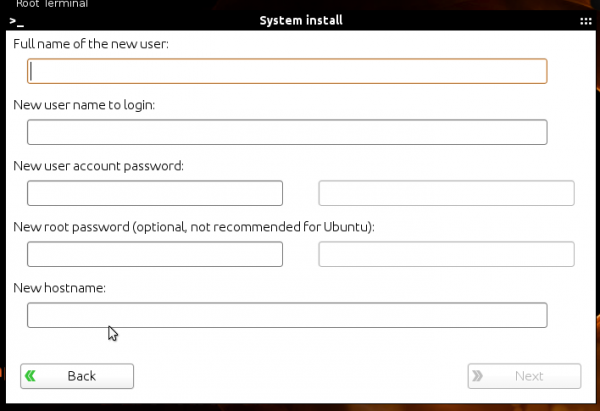
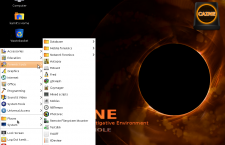
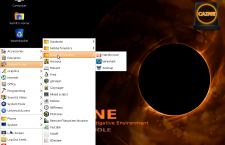
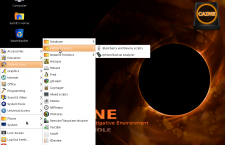
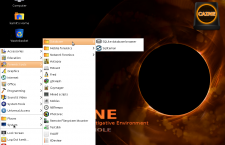
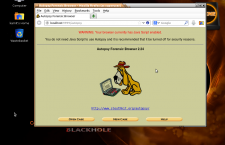
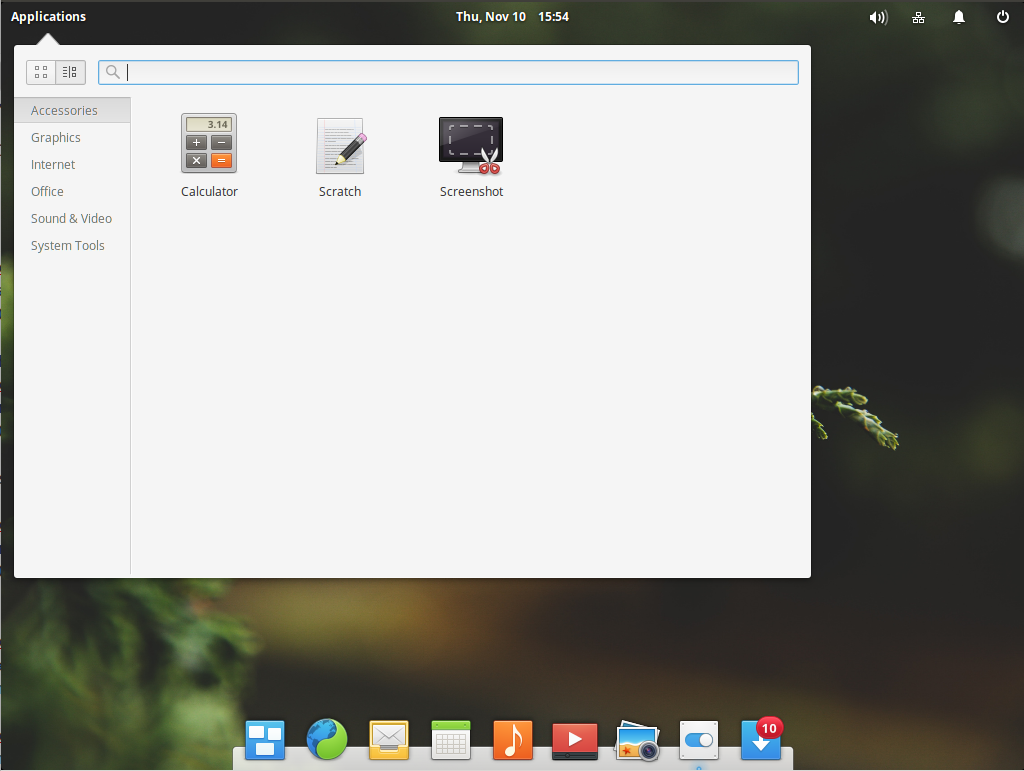
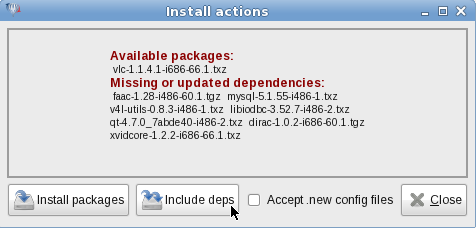
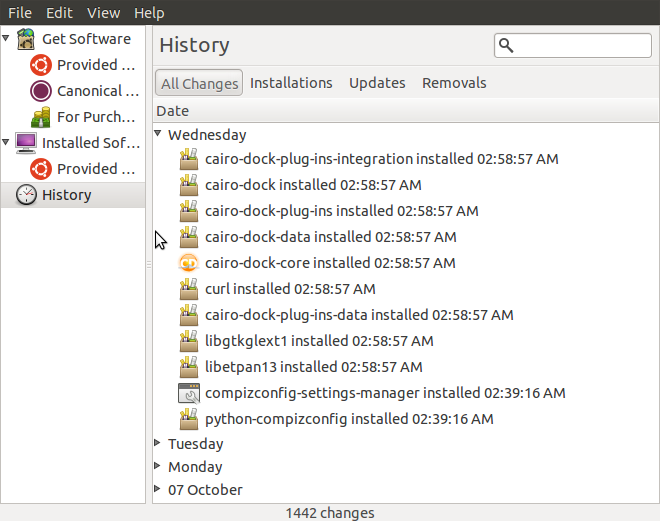
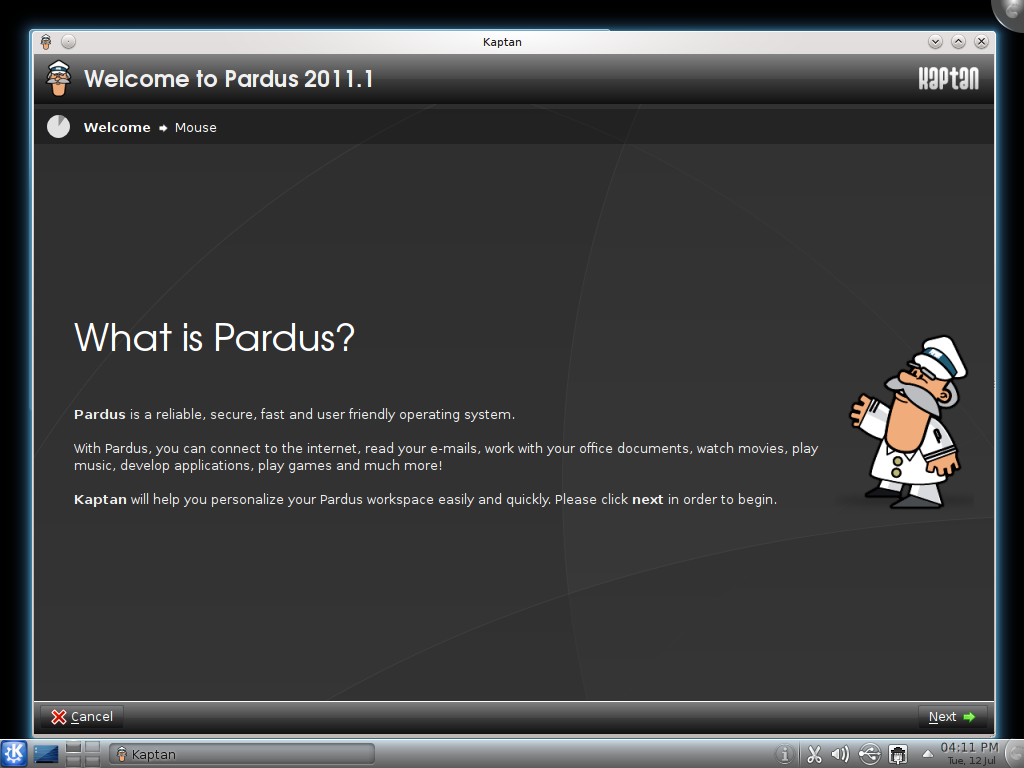


In any case it is not a problem on the live distro and it is not a problem for the forensic tools. 😉
I figured as much.
On the first issue I have to investigate (how can I reproduce it?), on the second one, it’s not important, I forgot to rename that dir, only this 😉
Thanks a lot for your review 😉 I’m taking notes as you suggested 🙂
So is that thing with world-writable root something to worry about? And is the theme files error that important?